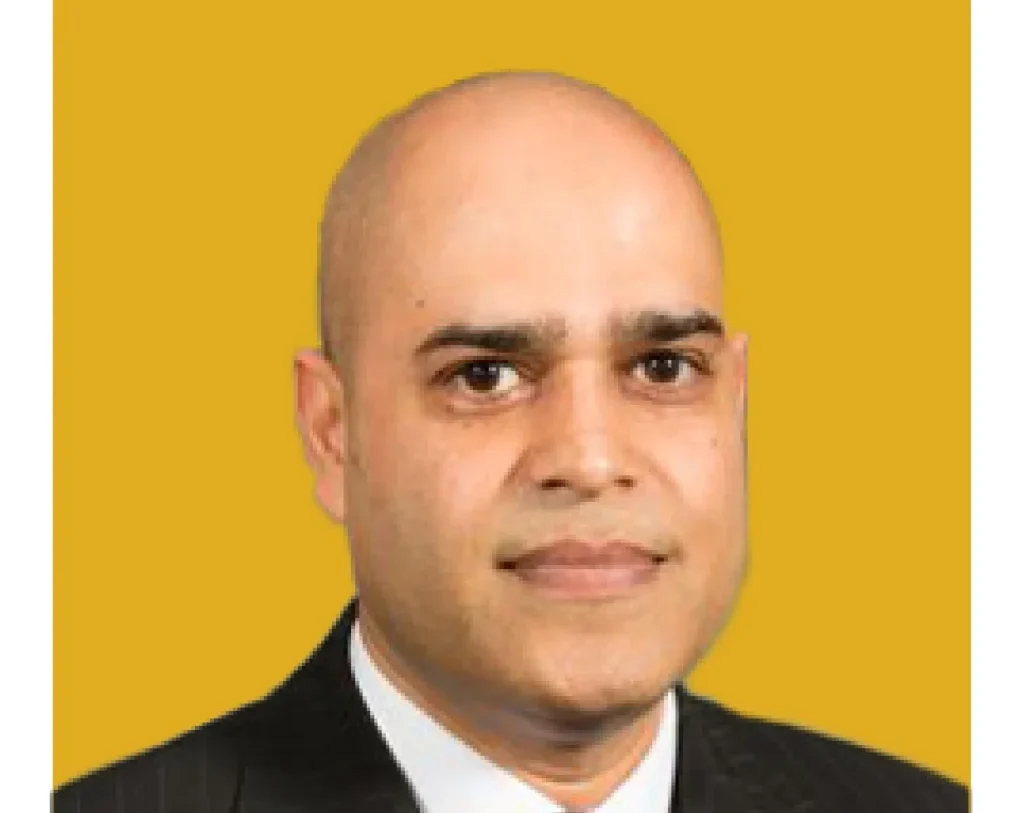Leading Expert Shares Advice On The Emotional Side Of Cosmetic Surgery

A leading expert on cosmetic surgery has shared his advice on how patients can navigate the emotional highs and lows that come after a procedure.
Although much focus is often given to the potentially negative physical impact of surgery, far less attention is paid on the psychological strain it can have.
Dr. Manish Sinha, a leading UK plastic surgeon said: “Cosmetic surgery is more than just a physical transformation, it’s an emotional journey that many patients don’t anticipate. For some, it brings confidence and relief, while for others, it can lead to anxiety, self-doubt, and unexpected emotional struggles.
“People have cosmetic surgery for various reasons, mostly related to physical appearance but also linked to psychological factors like body confidence and self-esteem.
“Surgery should be an informed decision, not a quick fix.”
Research shows that cosmetic surgery can improve body image for many patients, but it does not guarantee happiness. A survey conducted by the Medical Accident Group found that 33% of individuals who regretted their surgery cited unmet expectations, while 24% pointed to medical complications.
Here, Dr. Sinha shares his perspective on what patients should know before making their decision, what to expect during recovery, and how to navigate the emotional highs and lows of cosmetic surgery.
Why Do People Choose Cosmetic Surgery?
“For many, the decision to undergo cosmetic surgery is deeply personal. Some seek a procedure to correct a long-standing insecurity, while others hope it will enhance their confidence in social or professional settings. However, external pressures, such as unrealistic beauty standards on social media, can push individuals toward surgery for the wrong reasons.
“The most satisfied patients are those who choose surgery for themselves, not to meet someone else’s expectations. If you’re doing it to fit in, please a partner, or follow a trend, you’re more likely to feel regret afterward.
“Surgeons are particularly cautious about patients who exhibit signs of Body Dysmorphic Disorder (BDD), a condition that leads individuals to obsess over perceived flaws. Studies show that those with BDD rarely experience psychological relief after surgery and often seek additional procedures. Ethical UK clinics now emphasise pre-surgical psychological evaluations to identify at-risk patients and prevent unnecessary operations.
The Emotional Rollercoaster of Recovery
“Recovery is not just about physical healing; it’s an emotional process with highs and lows. While relief and excitement are common in the first few days post-surgery, many patients experience the post-surgery blues, a temporary period of doubt or regret. This typically peaks one to two weeks after the procedure when swelling and bruising distort the results.
“It’s completely normal to panic and think, ‘What have I done?’ in the early stages of healing. I always tell my patients to expect this dip. Those who know it’s coming are better prepared to handle it.”
Ethical Safeguards in the UK Cosmetic Surgery Industry
“The UK has implemented strict guidelines to protect patients from impulsive decisions and psychological distress. Before undergoing surgery, patients must be given a cooling-off period of at least two weeks to reconsider their choice. Clinics are also expected to assess patients for signs of mental health concerns, including depression or external pressures influencing their decision.
“Additionally, UK laws prohibit misleading advertisements for cosmetic procedures, particularly those targeting young people or suggesting that surgery guarantees success or happiness. Ethical surgeons frequently turn away individuals who exhibit signs of severe psychological distress or unrealistic expectations about their results.
Preparing for the Emotional Journey
“To improve psychological outcomes, UK professionals emphasise the importance of mental and emotional preparation before surgery. Post-surgery and emotional support are just as important as physical aftercare. Many UK clinics now offer access to counseling, peer support groups, and regular follow-ups to help patients navigate their recovery journey. Patients who set realistic expectations and engage with support systems tend to have more positive long-term outcomes.
Is Cosmetic Surgery Right for You?
“Cosmetic surgery can enhance confidence, but it is not a cure-all for deeper emotional struggles.
“Surgery should be a well-thought-out decision, not an impulsive one. When done for the right reasons, it can be a positive experience, but only if patients go into it with the right mindset.
“With growing awareness of the emotional complexities surrounding cosmetic procedures, UK clinics are evolving to offer better psychological screening and post-operative support. Patients who take the time to reflect, set realistic expectations, and seek ethical practitioners are more likely to feel satisfied long after their surgery is complete.”
Notes for editors: For interview requests please email nick.owens@magnifypr.co.uk



